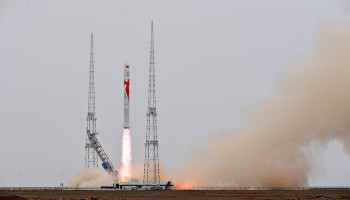
Sam Altman attends the Asia-Pacific Economic Cooperation (APEC) CEO Summit in San Francisco, California, US November 16, 2023. — Reuters
Elon Musk's neurotechnology startup Neuralink is on the verge of facing fierce competition as OpenAI CEO Sam Altman is co-founding a new brain-to-computer interface startup named Merge Labs.
Altman's foray into the neurotechnology comes into the scene as Musk's brain chip firm has been making headlines since its inception and recently stepped into limelight for its successful brain-computer interface (BCI) implant into its ninth patient.
His in-progress startup is being funded by OpenAI’s ventures team, TechCrunch reported, citing sources from the Financial Times.
Which brain computer startup is Sam Altman building?
Although discussions are still in the early stages, Altman's Merge Labs startup is said to be valued at $850 million. It was outlined that OpenAI could also be among its prominent backers.
For the development of its proprietary BCI, Merge Labs has reportedly teamed up with Alex Blania, who's leading Tools for Humanity, Altman's side project focusing on eye-scanning digital identification to verify human identity.
The startup aims to compete with Elon Musk’s Neuralink. which was founded in 2016 and is currently conducting trials with individuals suffering from severe paralysis, enabling them to control devices using their thoughts.
It must be noted that both Neuralink and Merge Labs have the potential to revolutionise human interaction with technology, possibly advancing towards the concept of “the singularity,” where AI surpasses human intelligence.
As the surge in tensions between Altman and Musk continues, a formal announcement of Merge Labs' establishment is speculated to stir the competitive landscape of brain-computer interface technology.
















